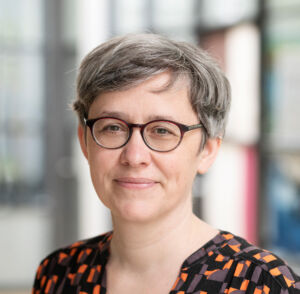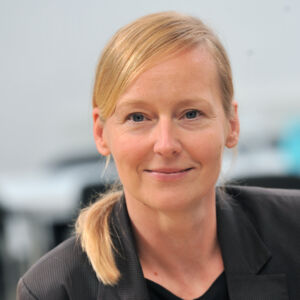Mongolia has one of the last intact steppe ecosystems with traditional land use and a remarkable biodiversity. The mobility of wild and domestic herd animals plays an important role in the survival of this ecosystem, which is transforming as a result of climate change. However, the nomadic way of life has declined significantly in recent decades. The MORE STEP research project is investigating the complex interactions and dependencies between nature and society in order to identify the possible emergence of irreversible processes – so-called tipping points – and thus prevent them at an early stage.
The mobility of nomads and the associated pastoralism play a decisive role for the preservation of the grasslands in Mongolia. This way of life that has been practiced for thousands of years, is one of the most important factors for sustaining a functioning ecosystem. The spreading of seeds, for example, is ensured by the nomads’ animals. However, global change processes, such as urbanization and climate change, are not leaving the East Asian country unscathed: The number of families with herds of cattle is decreasing as the country’s economic transformation opens up new sources of income. In addition, the extraction of mineral resources like for instance gold or oil is changing the steppe. These are just two of the reasons why the German-Mongolian project team, in which ISOE is participating, is focusing on dynamics and processes of change in the landscape. The aim of this interdisciplinary project is to understand the complex interrelationships and interactions that are taking place and to find sustainable solutions so that tipping points that endanger the ecosystem are not crossed.
In the first phase of the project from 2019 to 2023, the social changes and the effects on the mobility of nomads and on the steppe ecosystem were examined in more detail and the findings were discussed in workshops together with nomads, representatives from the industry as well as from governmental and non-governmental organizations. These opportunities were also used to identify the most important problems and to present the measures that have been taken so far to protect nature and to pinpoint the main drivers of social change.
Development of policy recommendations
The second project phase that has been ongoing since 2023, is investigating in more detail the effects of both climate change and social change on the mobility of wild animals and herders in Mongolia. Among other things, the focus is on the problems that nomads in the steppe are facing due to climate change. Modeling methods are being used to investigate the nomads’ strategies for adapting to climate change. A closer look will also be taken at the mechanisms that lead to a decline in this way of life. In addition, measures are being developed that can prevent tipping points in the ecosystem which might occur as a result of these changes.
A joint learning expedition is planned for 2025, during which the project team will hold workshops in various provinces. On these occasions, joint policy recommendations will be developed in cooperation with local representatives of the pastoralists and public authorities. Furthermore, a conference with representatives from science and politics will be held in the capital Ulaanbaatar.
The Federal Ministry of Education and Research (BMBF) is funding the project as part of the funding measure “Tipping Points, Dynamics and Interactions of Social and Ecological Systems (GlobalTip)”.
For more about the project please go to
www.isoe.de/en/nc/research/projects/project/more-step-ii
Scientific contact:
Dr. Marion Mehring
Tel. +49 69 707 6919-39
marion.mehring@isoe.de
www.isoe.de
Press contact:
Melanie Neugart
Tel. +49 69 707 6919-51
neugart@isoe.de
www.isoe.de
Contact:



